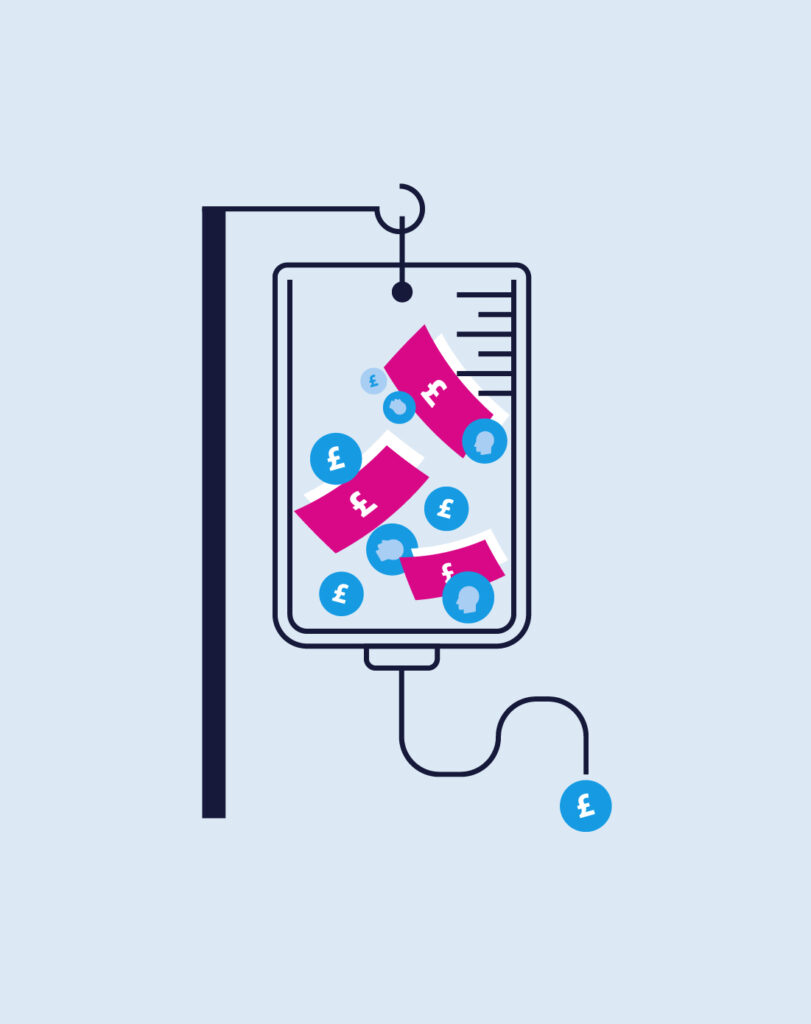Why is income protection so important?
Income protection is important because it helps individuals and their families maintain financial stability in the event of unexpected life events, such as an illness, injury, or disability that may prevent them from working and earning a regular income. Without income protection, a sudden loss of income can have serious consequences, including the inability to

Income protection is important because it helps individuals and their families maintain financial stability in the event of unexpected life events, such as an illness, injury, or disability that may prevent them from working and earning a regular income.
Without income protection, a sudden loss of income can have serious consequences, including the inability to pay bills, make mortgage or rent payments, and meet other basic needs. This can lead to a downward spiral of financial difficulties that can be difficult to recover from.
Income protection can help alleviate these financial pressures by providing a regular income stream that can help cover basic living expenses and ensure that individuals and their families can continue to meet their financial obligations.
Furthermore, income protection can also provide peace of mind and reduce stress, knowing that there is a safety net in place in case of unexpected events. This can help individuals focus on their recovery and getting back to work, rather than worrying about how they will make ends meet.
So how does it work?
Income protection is a type of insurance that provides a regular income stream in the event that an individual is unable to work due to illness, injury, or disability. Here is how income protection typically works:
- Income protection is a type of insurance policy provided by an insurance provider such as Legal & General or Aviva for example.
- The individual pays a monthly or annual premium to the insurance provider to maintain their coverage, if payments cease the cover stops.
- If the individual becomes unable to work due to illness, injury, or disability, there is typically a waiting period (normally between 4 and 52 weeks) before the income protection benefits start to be paid. This waiting period is designed to prevent individuals from making fraudulent claims or taking out policies after they are already ill or injured. This period is usually in line with your sick pay entitlement.
- Once the waiting period has elapsed, the insurance provider starts paying a regular income benefit to the individual until they are able to return to work or the policy term ends. The benefit amount is usually a percentage of the individual’s pre-tax income, up to a maximum amount specified in the policy. The benefit payment frequency can be monthly, fortnightly or weekly depending on the policy purchased and the options the policy providers allow.
- The benefit payment can continue for a specified period (e.g., 2 years, 5 years, or until the individual reaches retirement age), or until the individual is able to return to work, whichever comes first or is chosen at the point of application.
Overall, income protection is designed to provide individuals with a safety net in case of unexpected events that may prevent them from earning a regular income. By providing financial support, income protection can help individuals and their families maintain their standard of living and alleviate financial stress during difficult times.
Want to find out more? speak to one of our qualified Specialist advisers today

